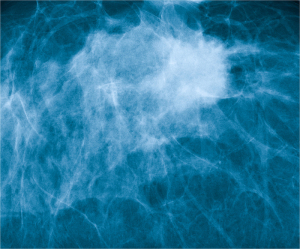by
Lauren Dubinsky, Senior Reporter | June 16, 2017
A team of researchers at the University of Oklahoma and Mercy Hospital Oklahoma City is undertaking the largest breast cancer clinical trial performed in the state.
They developed new breast cancer risk prediction models based on a computer-aided image feature analysis strategy. The goal is to identify patients with cancers that aren't visible on mammography, but can be detected with MR.
Many of the women with mammography-occult cancer are excluded from current breast MR imaging guidelines. This study will also evaluate women with a high lifetime cancer risk, but no imminent risk of developing image-detectable cancers.



Ad Statistics
Times Displayed: 16169
Times Visited: 33 Final days to save an extra 10% on Imaging, Ultrasound, and Biomed parts web prices.* Unlimited use now through September 30 with code AANIV10 (*certain restrictions apply)
After the team reviews 2,000 imaging studies conducted at Mercy over the past two years and refines the image analysis system, the clinical trial will commence on July 1 at the Mercy Breast Center.
Over the next three years, the team will enroll 4,000 women who had mammograms that were interpreted as normal based on best practice guidelines. The mammograms will be de-identified and sent to two professors at the Gallogly College of Engineering for analysis.
The women with higher scores predicted by the risk model will qualify for breast MR. The team expects between 200 and 400 out of the initial 4,000 women will qualify for the additional screening.
"If we can demonstrate cancer detection rates of even five percent in this population, then we will have achieved a higher yield than any other method of selecting patients for breast MRI screening," Dr. Alan Hollingsworth, medical director of the Mercy Breast Center, said in a statement.
Five percent is 10-fold the cancer detection rate of screening mammography and at that rate, the way breast cancer is screened has the potential to be altered, he added.

